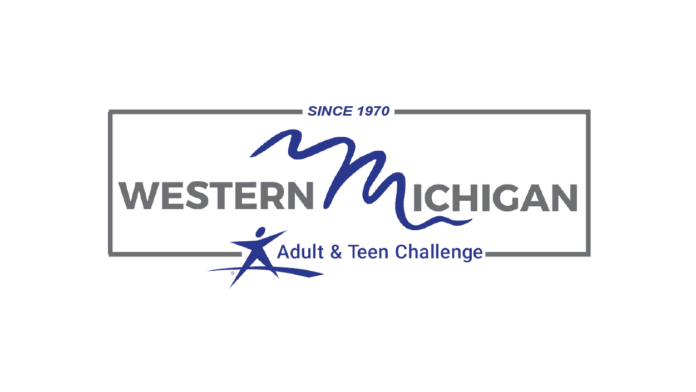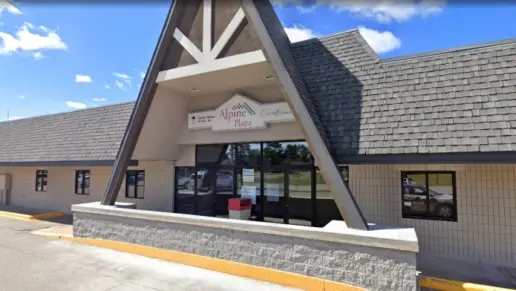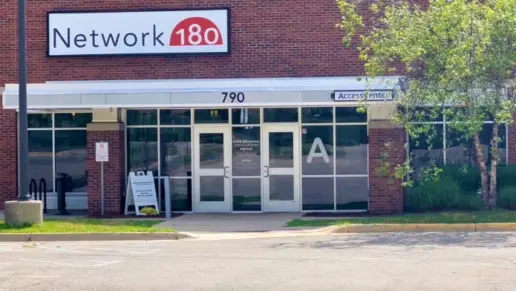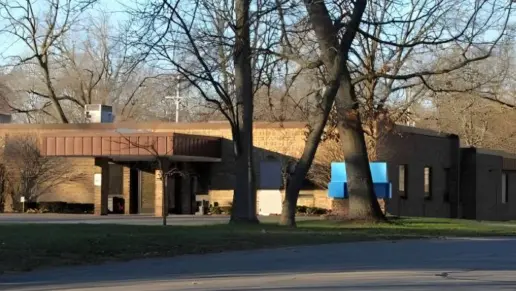About Western Michigan Adult and Teen Challenge
Western Michigan Adult and Teen Challenge is a one year residential treatment program for adults in Muskegon, Michigan. They help adults struggling with alcohol substance abuse, as well as those with other life-controlling issues. They are located minutes from Lake Michigan. They have two campuses: one for men, which has 96 beds, and one for women with 54 beds.
In residential treatment, students spend a year in the live-in discipleship program, learning how to have a relationship with God and breaking free from addiction through the power of Jesus Christ. You’ll learn to function as Christians in society, applying spiritually motivated, Biblical principles to relationships in the family, local church, chosen vocation, and their community. Available residential services include spiritual development and Christian living classes, individual counseling sessions with pastors, work programs, health and wellness therapy, worship and chapel programs, and music therapy. They endeavor to help you become mentally sound, emotionally balanced, socially adjusted, physically well, and spiritually alive.
Western Michigan Adult and Teen Challenge requires only a one-time $300 entry fee, although they won’t turn away anyone seeking help based on their inability to pay. No insurance is required to participate in the program. If referrals are made to outside providers for additional recovery support, those entities may be in-network with major insurance companies. Ask your individual provider to verify your coverage as out of network benefits can apply.
Facility Overview
Latest Reviews
Rehab Score
Gallery
Location
Other Forms of Payment
Self-pay involves paying for treatment out of your own pocket. You can use savings or credit, get a personal loan, or receive help from family and friends to fund your treatment. If you don't have insurance or your insurance plan doesn't cover a specific program, self-pay can help ensure you still get the care you need.
Addiction Treatments
Levels of Care
Treatments
The goal of treatment for alcoholism is abstinence. Those with poor social support, poor motivation, or psychiatric disorders tend to relapse within a few years of treatment. For these people, success is measured by longer periods of abstinence, reduced use of alcohol, better health, and improved social functioning. Recovery and Maintenance are usually based on 12 step programs and AA meetings.
Drug rehab in Michigan provides personalized treatment to help individuals break this cycle and regain control of their lives. Treatment methods are used in various levels of care, including inpatient rehab, partial hospitalization programs, intensive outpatient programs, and standard outpatient treatment.
Opioid rehabs specialize in supporting those recovering from opioid addiction. They treat those suffering from addiction to illegal opioids like heroin, as well as prescription drugs like oxycodone. These centers typically combine both physical as well as mental and emotional support to help stop addiction. Physical support often includes medical detox and subsequent medical support (including medication), and mental support includes in-depth therapy to address the underlying causes of addiction.
Substance rehabs focus on helping individuals recover from substance abuse, including alcohol and drug addiction (both illegal and prescription drugs). They often include the opportunity to engage in both individual as well as group therapy.
Programs


Clinical Services
Group therapy is any therapeutic work that happens in a group (not one-on-one). There are a number of different group therapy modalities, including support groups, experiential therapy, psycho-education, and more. Group therapy involves treatment as well as processing interaction between group members.
Life skills trainings involve all the skills a person must have in order to function successfully in the world. These include time management, career guidance, money management, and effective communication. Truly successful addiction recovery is based on the ability to not only live substance-free, but to thrive. Life skills teaches the practical necessities of functioning in society, which sets clients up for success in life, and therefore sobriety.
Amenities
-
Private Setting
Accreditations

The Joint Commission, formerly known as JCAHO, is a nonprofit organization that accredits rehab organizations and programs. Founded in 1951, the Joint Commision's mission is to improve the quality of patient care and demonstrating the quality of patient care.
Joint Commission Accreditation: Yes
Contact Information
440 East Pontaluna Road
Muskegon MI, 49444



